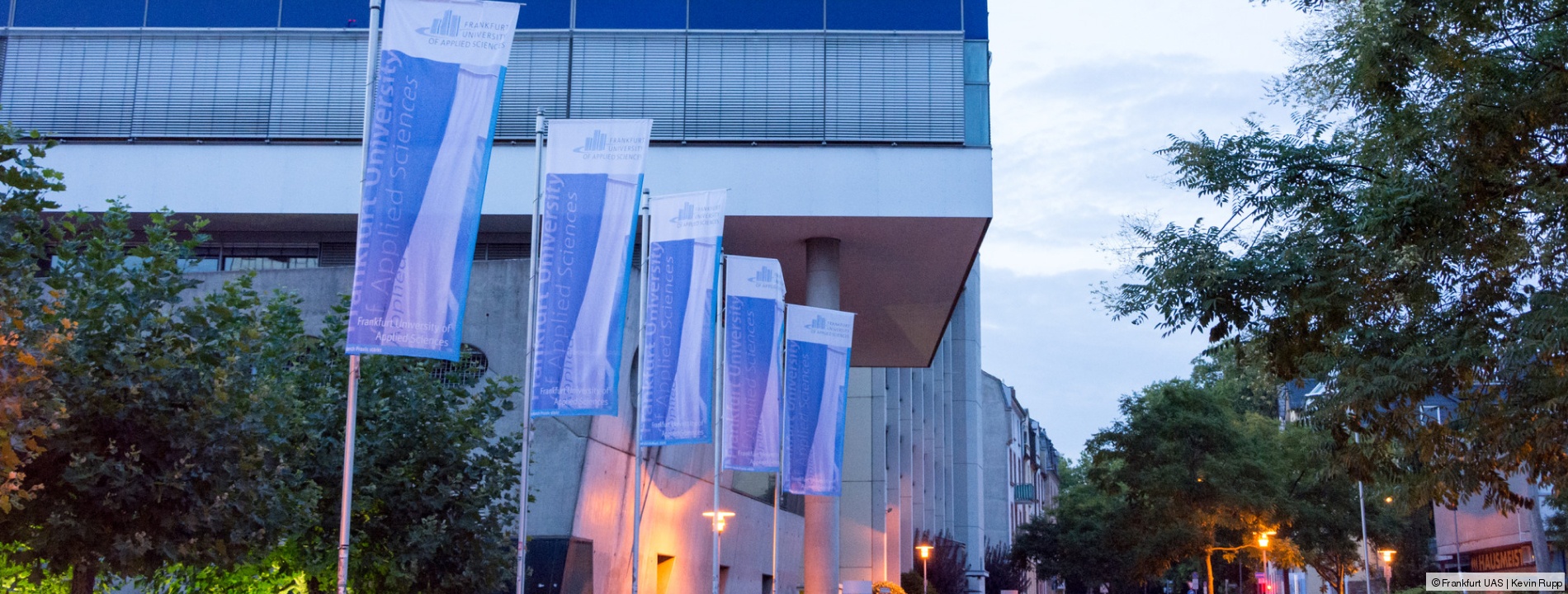The Interdisciplinary Studium Generale (!SG) is a compulsory module for all Bachelor’s students who spend a semester studying a topic outside their curriculum together with students from other programs and faculties. Many of the topics offered are situated in Service Learning, where students work on a specific issue area from external partners that often come from the NGO sector.
Not surprisingly, they adopt the UN’s Sustainable Development Goals as frame of reference (with rising trend). This is clearly the case with the “Environmental Sustainability” module. The focus of the “Sustainable Investments” and “praxiSDG” module topics is on the full array of sustainability goals. The former focuses on private sector investments to promote the SDGs, while praxiSDG is conceived as a Service Learning module in which students support civil society organizations or business in their sustainability efforts.
In the “Development Education” module, topics such as international poverty, globalization, development and co-development form the framework of the study program. The “Nature and Technology” module is dedicated to sustainability issues raised by technical interventions into nature – such as traffic routes, hydraulic structures and waste material disposal. Intended and unintended environmental and social impacts are analyzed and evaluated in this context. The “Smart Cities” and “Mobility” study programs deal with sustainable cities and suitable mobility models, as well as goal achievement options afforded by digitization.
Responsible consumption and production patterns are one of the many topics covered in “Globalization”. “Future Aspects of the Automotive Industry” and the “FRA 5000 Rally Team”, where students have the opportunity to design a rally car without internal combustion engine. “Waste Prevention at Frankfurt UAS” draws on opportunities from the students’ perspective.
The issue of affordable and clean energy is addressed in the “Renewable Energies” module, which examines the use of renewable energies under natural scientific/technological, economic, legal and social aspects. The “Who Does Our Water Belong to?” study program takes the “Clean Water” sustainability goal as reference point and focuses on the technical, environmental and socioeconomic constraints of constructing a drinking water pipeline in Tanzania.
“A Critical Look at Inclusion” is aimed at reducing inequalities; the module invites students to identify and critically examine exclusionary structures and dynamics in society.
List of Modules (as of 2017 summer semester)
- Waste Prevention at Frankfurt UAS
- A Critical Look at Inclusion
- Development Education
- Renewable Energies
- “FRA 5000” Rally Team
- Globalization
- Mobility
- Sustainable Investments
- Nature and Technology
- Environmental Sustainability
- praxiSDG
- Smart Cities
- Who Does Our Water Belong to?
- Future Aspects of the Automotive Industry








